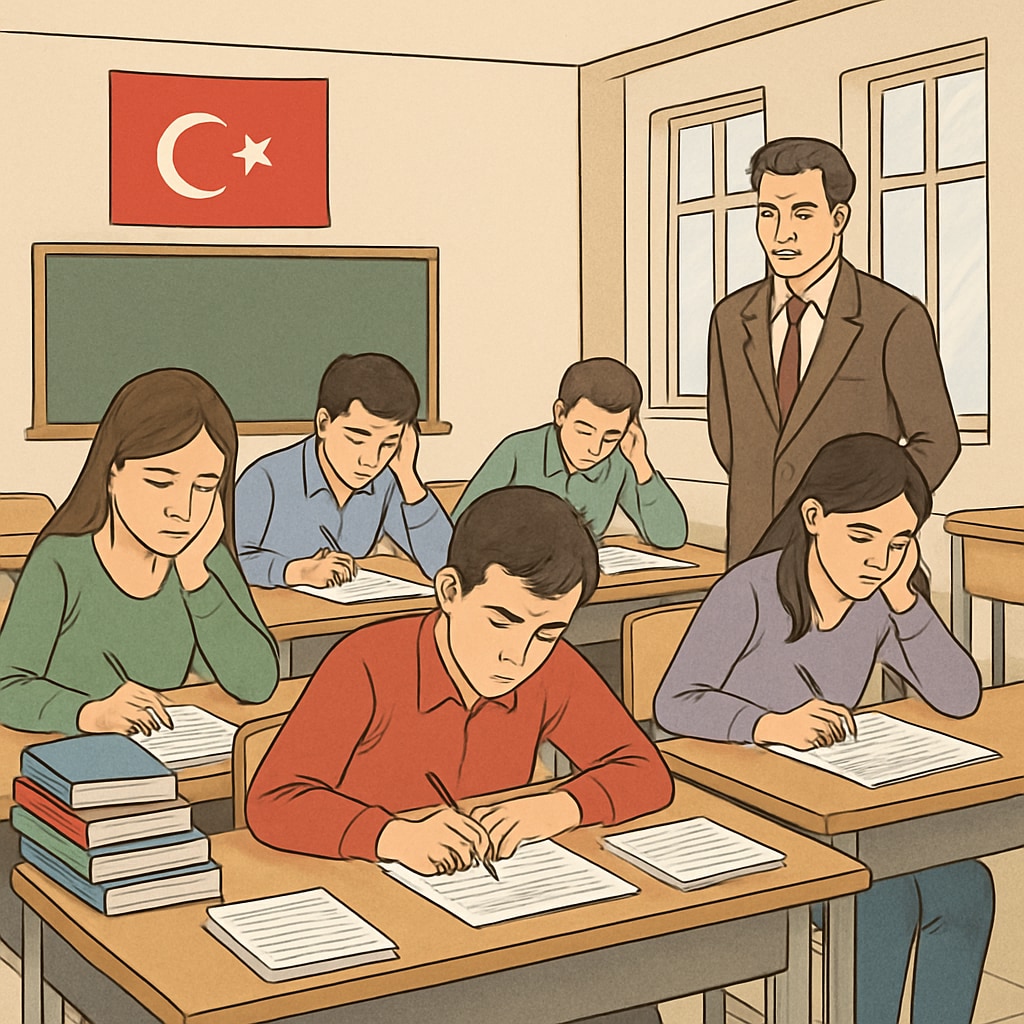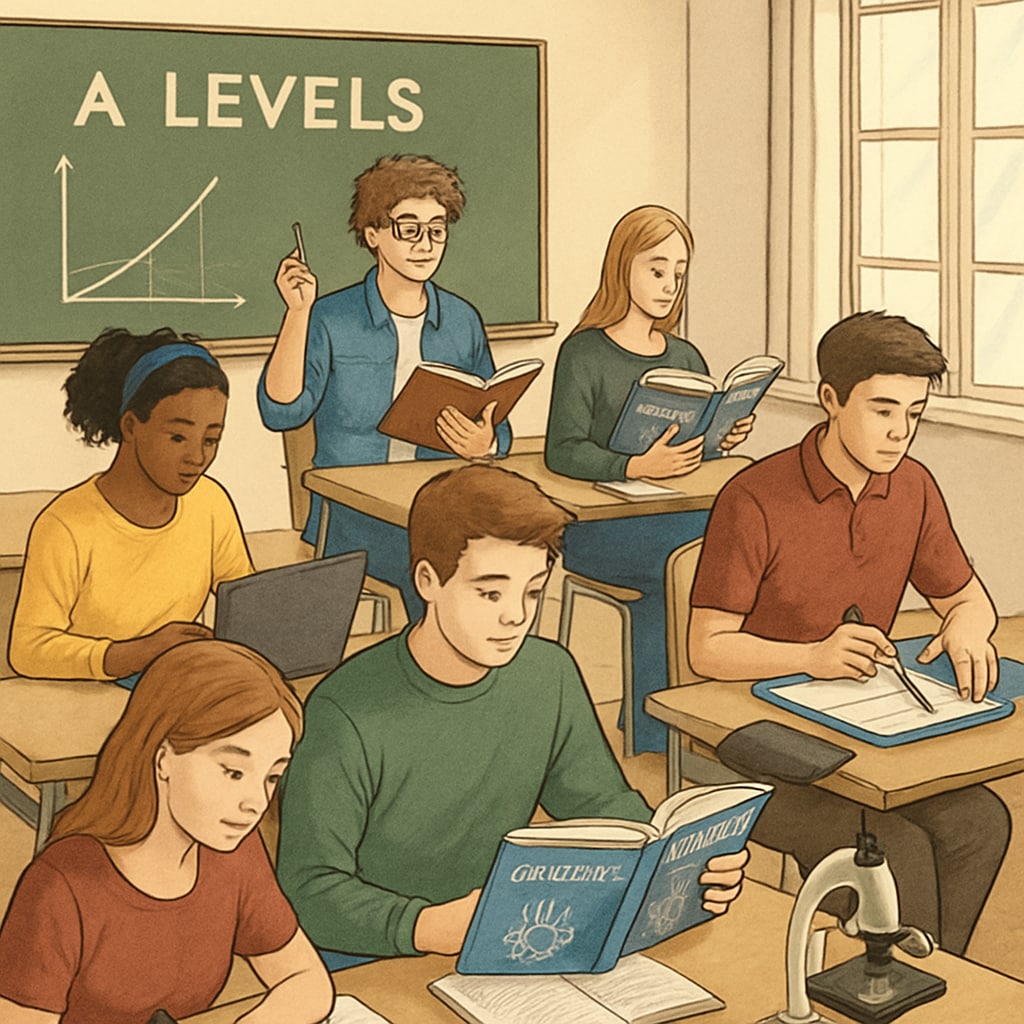Education systems play a pivotal role in shaping the future of societies, yet many students worldwide grapple with overwhelming exam pressure. Turkey’s centralized exam system exemplifies this challenge, as its mandatory all-subject exams often hinder students’ intrinsic motivation to learn. By contrast, the UK’s A Levels model offers a personalized approach that aligns education with individual aspirations. This article explores the fundamental differences between these systems, delves into the limitations of Turkey’s current model, and highlights the potential for borrowing from A Levels to drive education reform.
Turkey’s Centralized Exam System: A Stifling Framework
In Turkey, students face a rigid, high-stakes centralized examination system, such as the TYT (Basic Proficiency Test) and AYT (Advanced Placement Test). These exams determine access to higher education, requiring proficiency across numerous subjects regardless of students’ interests or career goals. While this system ensures uniformity, it often suppresses creativity and discourages students from pursuing their passions.
For example, a student passionate about art might be forced to dedicate substantial time to mathematics or science, leading to frustration and disengagement. This approach assumes that all subjects are equally important for every student, ignoring the diverse talents and aspirations within the student population.

The A Levels Model: Tailoring Education to Individual Strengths
The UK’s A Levels model represents a stark contrast, offering students the freedom to choose three to four subjects based on their interests and career ambitions. This system encourages specialization and allows students to focus on areas where they excel, fostering deeper engagement and a sense of purpose. For instance, a student aiming to pursue engineering can prioritize mathematics and physics, while another interested in literature can select English and history.
Moreover, A Levels emphasize critical thinking and application of knowledge rather than rote memorization. This shift not only reduces exam pressure but also prepares students for the demands of higher education and modern careers. According to a study by Britannica, A Levels graduates often demonstrate higher adaptability and problem-solving skills, qualities essential for success in the 21st century.

Lessons for Turkey: A Path Towards Educational Reform
To address the limitations of its centralized system, Turkey can draw inspiration from the A Levels model. Here are key recommendations for implementing reform:
- Introduce subject flexibility: Allow students to prioritize subjects aligned with their career goals and interests.
- Focus on critical thinking: Shift the emphasis from memorization to analytical and problem-solving skills.
- Reduce exam pressure: Replace high-stakes exams with continuous assessment methods, such as coursework and project-based evaluations.
- Enhance teacher training: Equip educators to support personalized learning pathways and foster student engagement.
While transitioning to a new model requires significant investment and cultural change, the long-term benefits—such as improved student motivation, reduced stress, and a workforce better equipped for future challenges—are undeniable. The reform process can begin with pilot programs in select regions, gradually scaling up based on the results.
Conclusion: Unlocking Student Potential
Education systems must evolve to meet the dynamic needs of society, and Turkey’s centralized exam model is ripe for transformation. By borrowing elements from the UK’s A Levels, Turkey can reduce exam pressure, empower students to pursue their passions, and nurture talents that align with future societal demands. As a result, education reform can unlock the true potential of Turkey’s youth, paving the way for a brighter and more innovative future.
For more insights into global education systems, visit Education Systems on Wikipedia.


